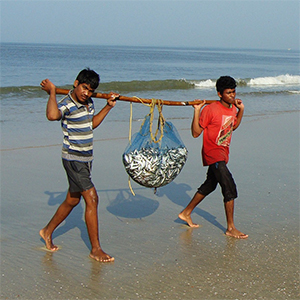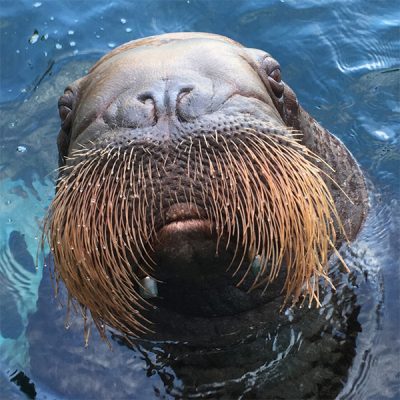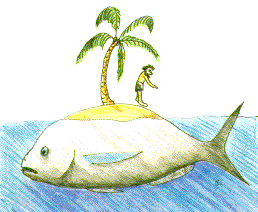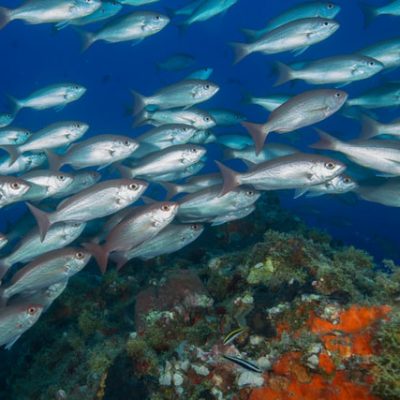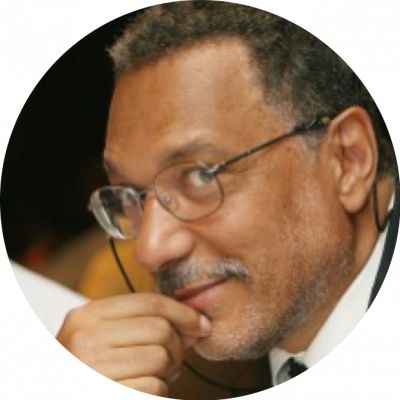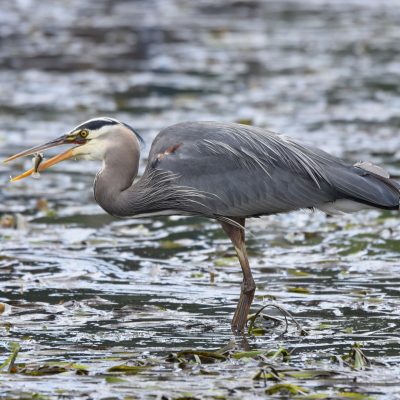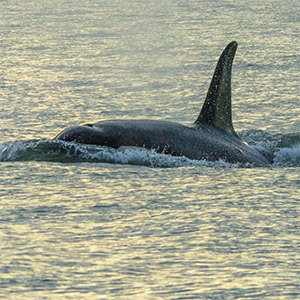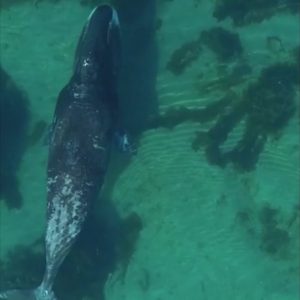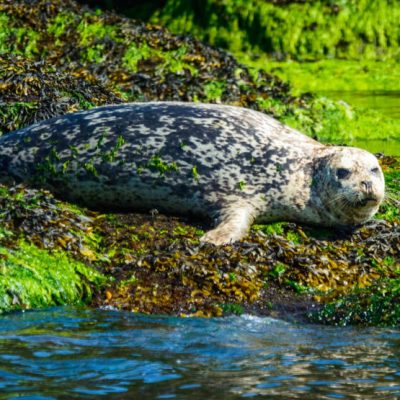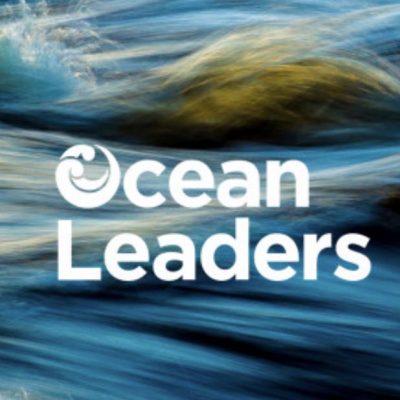Updating Sea Around Us‘ 1950-2010 marine catch reconstructions to 2018
The two volumes cover all maritime countries and island territories of the world.
How to power a walrus
New study shows loss of sea ice will require walruses to swim more and eat more to survive climate change
PROFILE: Finding novel ways to use modelling to solve oceans, fisheries and social problems
GOM took advantage of the COVID-19 pandemic, moving online, and connecting with researchers from 29 countries.
The Blue Economy is more than just resources – it also has to focus on social equity and governance
A recent UBC-led study found that socioeconomic and governance conditions such as national stability, corruption and human rights greatly affect the ability to achieve a Blue Economy.
Daniel Pauly receives Prof. N. Balakrishnan Nair Memorial International Fisheries Guru Award
The University of Kerala’s Department of Aquatic Biology and Fisheries awarded this honour for his notable contributions to fisheries science.
Blue herons identified as a significant juvenile salmon predator
Looking for predators that ate salmon, an Indigenous biologist suggested looking at heron. Discarded tags proved Pacific great blue herons could be scooping up as many as 3-6% of all juvenile salmon.
Orca Quest 2020: In Search of Killer Whales
In August 2020, Marine Mammal Research Unit (MMRU) researchers set sail to determine whether there are enough chinook salmon to support southern resident killer whales in the Salish Sea.
Research into bowhead whales finds unique foraging behaviour
Understanding the needs of bowheads is a crucial first step taken to learn how they will respond to climate change.
Harbour seals respond differently to pulses of out-migrating coho and Chinook salmon smolts
UBC researchers set out to determine who was eating juvenile salmon, and when and where it was occurring by capturing and tracking harbour seals that carried cell-phone-like devices that recorded everything and everywhere the seals went.
PROFILE: Ocean Leaders step outside the lab to connect with communities and solve ocean problems
Ocean Leaders teaches students from across disciplines in the natural and social sciences how to communicate marine research to a broad audience
